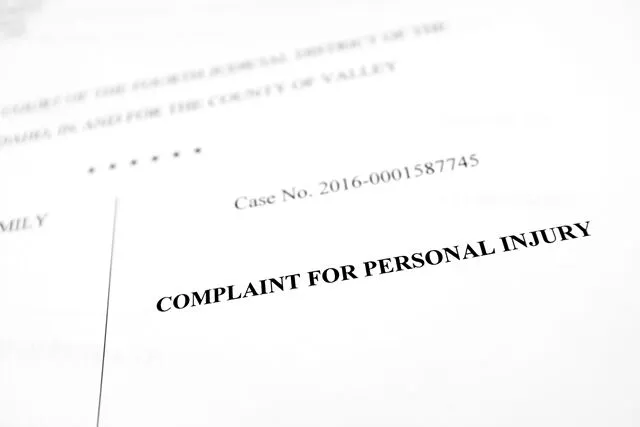
Personal Injury Lawyer
A person who sustains a serious injury because of someone else’s negligence is typically eligible to pursue financial compensation from the person or business entity responsible for their injuries. He or she may pursue damages for medical expenses, lost wages, and pain and suffering.
As a personal injury lawyer from a firm like ours can explain, there could be evidentiary issues when it comes to proving fault – especially if the injured party had a preexisting condition that created greater vulnerability to injury. However, a personal injury lawyer may help claimants recover compensation for the full extent of their injuries under the “eggshell skull rule.”
What Is the “Eggshell Skull Rule” in Personal Injury Law?
In personal injury law, the “Eggshell Skull Rule” holds that “you take your plaintiff as you find him.” In general, this means that a person’s preexisting condition will not preclude his or her cause of action. Even if a person’s injuries are due in part to a medical condition that preceded the accident, a defendant is still liable for the injuries caused by the accident.
Put simply, someone who has a skull as thin as an eggshell can make a claim against a person responsible for an accident that caused a skull fracture. Even if the accident would have caused a bump on the head for another person who did not have this hypothetical “eggshell skull” condition, the defendant is still responsible for the claimant’s injuries.
How Does the “Eggshell Skull Rule” Make Cases More Complex?
When a defendant or insurer is presenting a defense, they may try to show that the symptoms a claimant experiences after an accident were present before the accident and therefore not the result of the accident.
A personal injury lawyer could face obstacles in demonstrating that an injury made a preexisting condition worse. It could also be hard to prove that an injury caused a condition that had subsided to resurface. A personal injury lawyer can also help you evaluate whether your preexisting condition would create evidentiary issues in your case and what you can do to best address them.
Are There Exceptions to the Eggshell Skull Rule?
In limited circumstances, a defendant must have notice of a preexisting condition in order to be liable for a plaintiff’s unique injuries. For example, a person undergoing a risky medical procedure must inform the treating physician of his or her condition so the physician can understand and evaluate the risk of injury involved with the procedure.
The application of the “eggshell skull rule” differs in every type of personal injury claim in which a person has a preexisting condition. A personal injury lawyer can advise you about how your condition could impact your claim.


